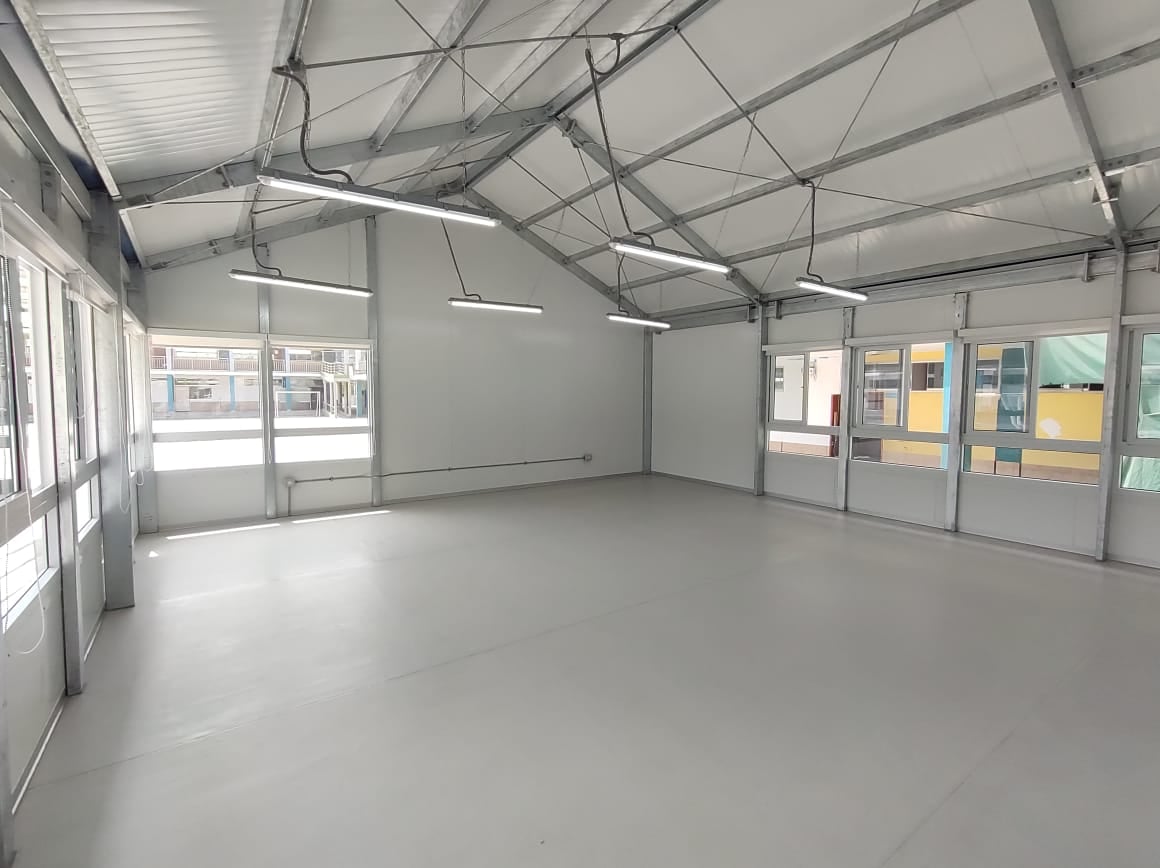Advantages of prefabricated modular house in temporary construction

Prefabricated modular houses have the following advantages as temporary buildings:
Quick installation - Prefabricated modular house can be installed quickly, significantly reducing construction timeframes and catering to urgent projects.
Environmentally sustainable - These prefabricated modular houses are often made from environmentally-friendly, recyclable materials, aligning with modern green building principles.
Reusable - After the completion of projects, prefabricated modular houses can be dismantled and stored for future reuse, saving resources.
Cost-effective - Due to their quick installation and material cost-efficiency, prefabricated modular houses generally have lower total costs than traditional construction methods.
Easy to transport and install - Their modular and standardized design allows prefabricated houses to be easily transported to different locations for installation.
Provide temporary space - They are suitable for various temporary uses, such as offices, dormitories, warehouses, etc., providing necessary temporary space for projects.
Good safety - Some prefabricated houses are also designed with safety features such as fire resistance, wind resistance, earthquake resistance, ensuring user safety.
High adaptability - Prefabricated houses can be customized according to specific project needs, adapting to different spatial and functional requirements.
Complete internal facilities - Modern prefabricated houses often come with complete internal facilities, such as electricity, water supply, and sanitation, meeting the needs of daily life.
Land resource saving - Due to their portability, prefabricated houses do not require long-term land occupation, making them particularly valuable in urban environments.
Overall, prefabricated modular houses serve as excellent temporary buildings that can cater to various temporary needs with advantages like speed, environmental sustainability, cost-effectiveness, safety, adaptability, convenience, land resource conservation, and more.


